Our Clients
ILC has proudly concucted research and evaluation work with a vibrant network of leading universities, government agencies, and organizations around the world





Meet our team
We are dedicated to providing evaluation, research, and assessment services that facilitate organizational, program, and student success.

CEO & CHIEF DATA Analyst
Dr. Angelicque Tucker Blackmon leads Innovative Learning Center with over 25 years experience in STEM education evaluation focusing on partnering with world-class institutions and people to change how we approach STEM evaluation and education.
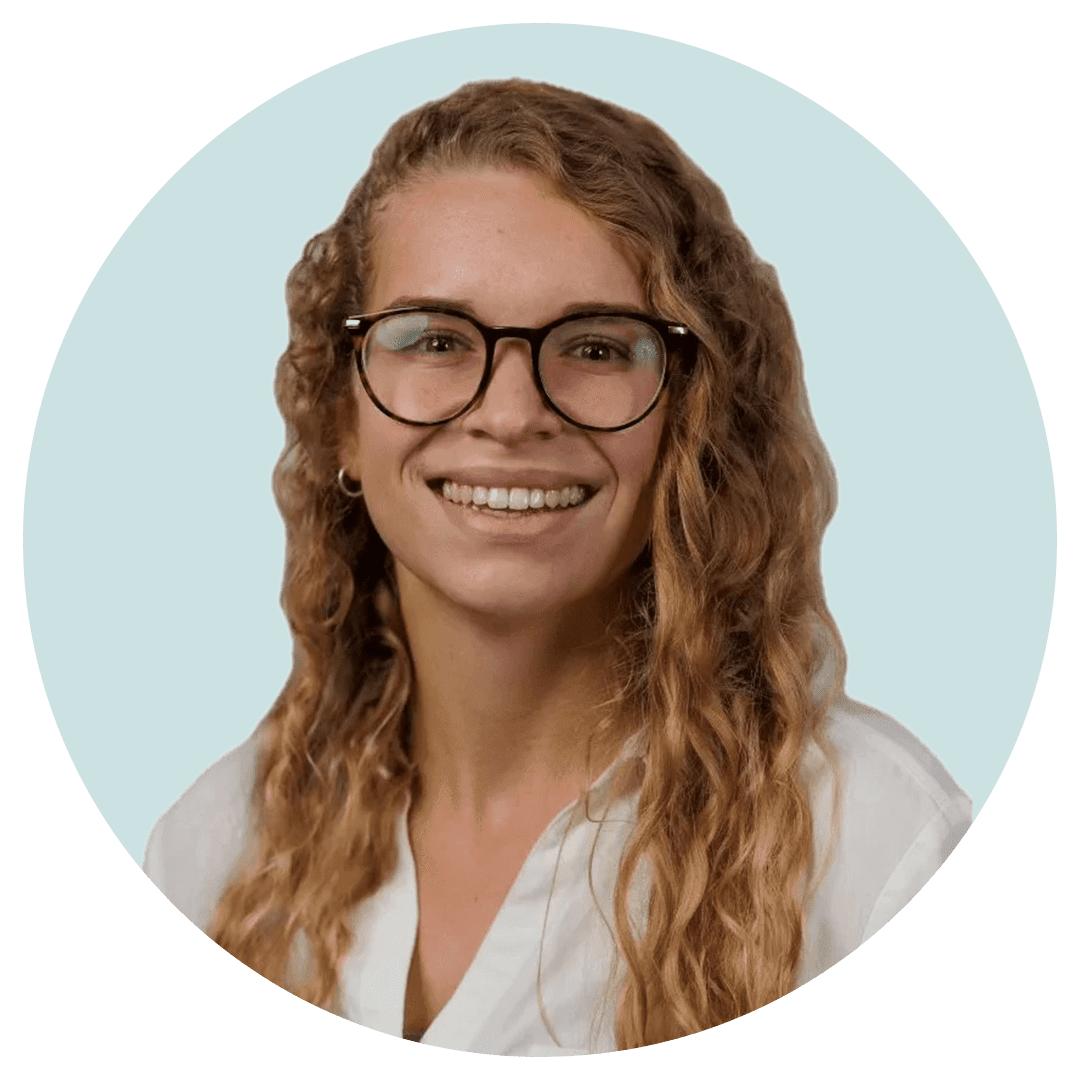
Mixed Methods Researcher
Sydney Okland is a skilled mixed methods researcher and Ph.D. candidate in Psychology at the University of Texas at Austin, expected to graduate in May 2026.
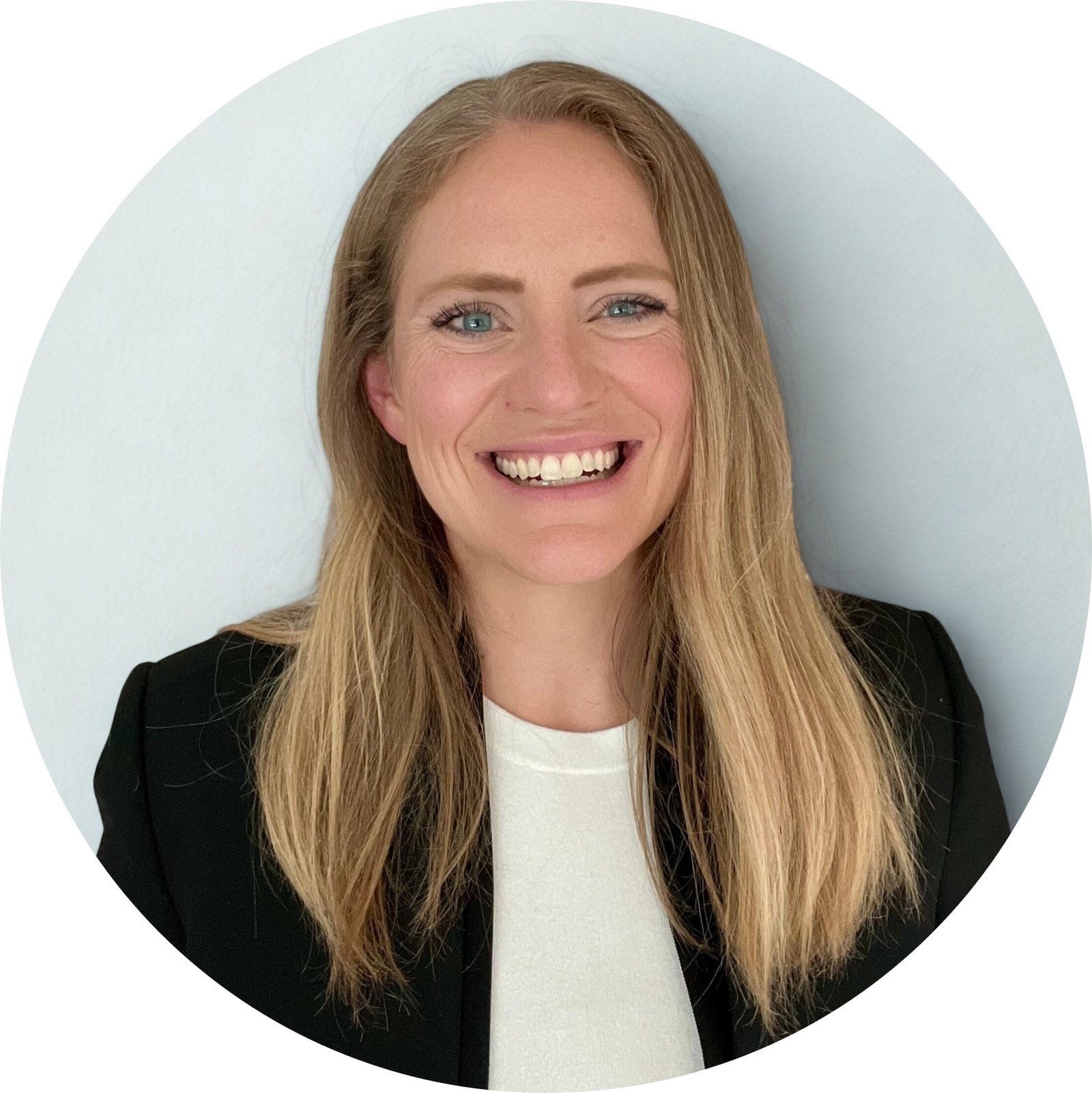
Qualitative Evaluation Analyst
Katie is a doctoral scholar in Curriculum and Instruction with a concentration in Language and Literacy Studies at the University of Texas at Austin. Her work examines how preservice teachers develop critical translingual stances and reflective practice.

Data Statistician
Dr. Calistro has extensive knowledge and work experience with numerous statistical domains, such as hypothesis testing, linear and generalized linear modeling, structural equation modeling, linear mixed modeling, factor analysis, psychometrics, and item response theory(IRT), Bayesian statistics.

Design consultant
Evonna comes to Innovative Learning Center with 10+ years of experience in design that visualizes and simplifies complex data.

Director of Learning & Evaluation Engagement, Chicago, ILLINOIS
Dr. Teasdale is an evaluation leader specializing in museum learning, creative design, and place-based public arts. She has led national evaluations of science museum and community programs, studying how hands-on design, storytelling, and exhibitions support identity, collaboration, and learning—especially for youth

Lead Evaluator Chicago Illinois
Dr. Noor Elagha is a Chicago-based cognitive psychologist and evaluation consultant whose work integrates learning science, creative modalities, and culturally responsive design. Her evaluation and research experience includes arts-adjacent initiatives using game design, storytelling, and digital production to deepen engagement, strengthen learning ecosystems, and advance equity in Chicago schools and communities.
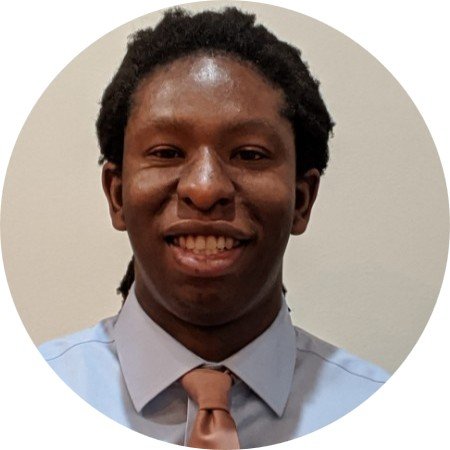
Evaluation Associate Chicago, Illinois
Christian O. Kotoye is a Chicago-based evaluator who emphasizes participatory learning, facilitated dialogue, and community-informed sensemaking. At the American Medical Association, he designed and led equity-centered evaluation and learning strategies, convened cross-sector stakeholders, and translated findings into narrative briefs guiding organizational culture change. His place-based approach strengthens arts-adjacent, culture-centered initiatives grounded in collective reflection across Chicago communities.
ILC has proudly concucted research and evaluation work with a vibrant network of leading universities, government agencies, and organizations around the world










Dr. Angelicque Tucker Blackmon is a nationally respected expert in STEM education evaluation with over 25 years of experience transforming how we assess and improve learning in science and technology. As Founder and CEO of Innovative Learning Center (ILC), she partners with leading institutions to develop human-centered, data-informed approaches to STEM program design and evaluation.
Blending data analytics with ethnographic research, Dr. Blackmon helps organizations create impactful, culturally relevant learning experiences that drive measurable outcomes.
She earned her Ph.D. in Educational Studies (Science Education) from Emory University, holds a B.S. and M.S. in Analytical Chemistry from Georgia Tech, and completed a postdoctoral fellowship in Cultural Anthropology. Before founding ILC in 2003, she worked as a research chemist with Dow Chemical and 3M.
Dr. Blackmon has led over 20 funded research initiatives and authored more than 30 reports, presentations, and publications advancing STEM equity and innovation. She currently serves as Principal Investigator on a cutting-edge eye-tracking study in distance learning, with implications for both chemistry education and intelligent software development.
Certified in Human Subjects Protections (CITI Program, 2027)

Dr. Zhina Shen is the Director of Research and Evaluation at the Innovative Learning Center (ILC), where she leads evaluation initiatives that strengthen programs, illuminate impact, and support sustainable funding across STEM and arts-based education spaces. She partners closely with educators, artists, and program leaders to design evaluations that honor creativity, lived experience, and measurable outcomes—turning complex data into meaningful insights that guide thoughtful decision-making.
Dr. Shen earned her Ph.D. in Learning Disabilities and Behavior Disorders from the University of Texas at Austin, along with two Master of Science degrees—one in Statistics and one in Special Education. Her interdisciplinary training supports her evaluation expertise in STEM education and arts-based programming using creative qualitative and advanced quantitative analysis.
Dr. Shen brings specialized expertise in evaluating arts-based and inclusive learning environments. Her work includes the evaluation of Joshua’s Stage Theatre Arts Program, a premier performance and enrichment center in the Austin, Texas area serving children and youth ages 3–18 with a wide range of disabilities.
Through her evaluation of Joshua’s Stage, Dr. Shen assessed how arts-based programming supports developmental growth, social engagement, and expressive capacity within a supportive and affirming environment. Her approach emphasized accessibility, participant voice, and the nuanced outcomes that arts programs uniquely generate—outcomes often overlooked by traditional evaluation models but essential for understanding program value and impact.
As Principal Investigator for a state-funded study in Texas, Dr. Shen led research on manipulative-based interventions designed to improve whole-number computation for K–12 students with mathematics difficulties. She conducted a meta-analysis to assess the impact of these interventions, contributing to the evidence base for supporting students with learning challenges in STEM education.
Her research experience includes randomized controlled trials, quasi-experimental design, meta-analysis, correlational studies, and secondary data analysis. She also has qualitative expertise in constructing interview protocols and conducting focus groups, enabling her to lead mixed-method evaluations that center both evidence and context.
Across all of her work, Dr. Shen blends methodological rigor with deep respect for people, programs, and purpose, helping funders and organizations see not only what changed, but why it matters.

Sydney Okland is a Ph.D. candidate in Psychology at the University of Texas at Austin and a mixed-methods researcher specializing in program evaluation and social-behavioral science. With a background in qualitative and quantitative methodology, Sydney designs and executes evaluations that blend statistical rigor with culturally responsive analysis.
At ILC, Sydney contributes to STEM education research by creating evaluation frameworks that capture both measurable outcomes and contextual nuance. She uses survey design, data visualization, and qualitative coding to support clients in interpreting results and applying findings to real-world challenges. Her work helps education leaders identify what’s working, where to improve, and how to serve students more effectively.
Sydney’s academic research focuses on the emotional and linguistic effects of social rejection, including large-scale studies involving over 600 participants. She has led every stage of the research process, from participant recruitment to analysis, and brings this operational expertise to her consulting work.
By integrating ethnography with data analytics, Sydney ensures that STEM evaluations reflect the lived experiences of students and educators. Her approach supports ILC’s mission to deliver equity-driven insights that are both rigorous and human-centered.

Dr. Asia Williams is a national leader in STEM education, with nearly two decades of experience designing, evaluating, and scaling programs that foster equity, representation, and impact. She has held key roles at the Department of Defense STEM (DoD STEM), National Science Foundation, and George Mason University—developing culturally responsive initiatives and managing multi-million-dollar federal grants.
At DoD STEM, Dr. Williams served as both STEM Program Analyst and Communications Coordinator, overseeing grantees under the $53 million National Defense Education Program. Her work involved legislative reporting, cross-sector collaboration, and evaluating outcomes aligned with national equity goals. As a scholar-practitioner, she has published extensively on multilingual and multicultural STEM education, emphasizing inclusion and identity in learning environments.
Dr. Williams brings this expertise to her consulting role at ILC, where she supports high-impact STEM evaluations and strategic communication for mission-driven organizations. Her approach is grounded in data, informed by lived experience, and shaped by a deep commitment to culturally responsive education.
She regularly partners with K–16 educators, researchers, and policy stakeholders to ensure programming reflects the diverse needs of students and communities. Her work not only strengthens grant compliance and reporting but also fosters environments where underrepresented learners can thrive.

Dr. Terrence Calistro holds a Ph.D. in Educational Psychology from the City University of New York. He brings extensive experience in statistical consulting, data analysis, teaching, and research support, with a focus on behavioral science, education, and health-related topics.
As a statistical consultant, Dr. Calistro specializes in statistical modeling, APA-style reporting, and data visualization. He supports research projects on adolescent health, institutional resilience, and academic performance, using tools such as R and SPSS to manage complex data—from cleaning to interpretation. His work includes developing clear, actionable insights and supporting all phases of research, including lab collaboration and conference preparation.
Dr. Calistro also teaches courses in research design and statistics as an adjunct professor. He emphasizes hands-on application to help students understand and apply advanced analytical concepts. In his role as a learning support facilitator, he tutors students in psychology and statistics, encouraging independent learning and academic success.
His experience spans grant-funded projects, freelance analysis, and academic support. He conducts a range of statistical tests, including t-tests, ANOVA, regression, and non-parametric analyses. All findings are presented in accessible, APA-compliant formats, paired with clear data visualizations.
With a strong blend of analytical, instructional, and consulting skills, Dr. Calistro contributes meaningful value to projects requiring both methodological rigor and practical data interpretation.

Evonna Ramirez is a Design Consultant at Innovative Learning Center, where she supports website development, visual communication, branding, and report design. With a BFA in Communication Design from Metropolitan State University of Denver, she brings a deep understanding of how design enhances clarity, storytelling, and impact—especially in education and equity-driven work.
Her academic training focused on communication theory, UX/UI, narrative design, and social impact, with a thesis centered on positive psychology and reducing stigma around therapy. As an adjunct faculty member at MSU Denver, she taught Introduction to Communication Design and prioritized inclusive, student-centered teaching. She adapted her curriculum during the pandemic to support students navigating academic and personal challenges, ensuring flexibility and connection remained core to the learning experience.
Professionally, she has led design and marketing efforts across corporate and advocacy sectors. Her portfolio includes work for Dish Network, Sling, Fatsnax, Fantastic Fungi, and political initiatives like the Decriminalize Denver campaign and Marianne Williamson’s 2020 presidential run. She specializes in integrated brand identity, campaign strategy, and user-centered design that balances creativity with real-world constraints—including navigating restrictive ad policies while advancing progressive causes. She also runs Underdog Design, a studio that helps small businesses and mission-driven teams build clear, compelling brands through UX/UI, identity, and digital design.
Her interdisciplinary approach helps ILC translate data and equity-centered research into compelling, accessible communications that support systemic change.